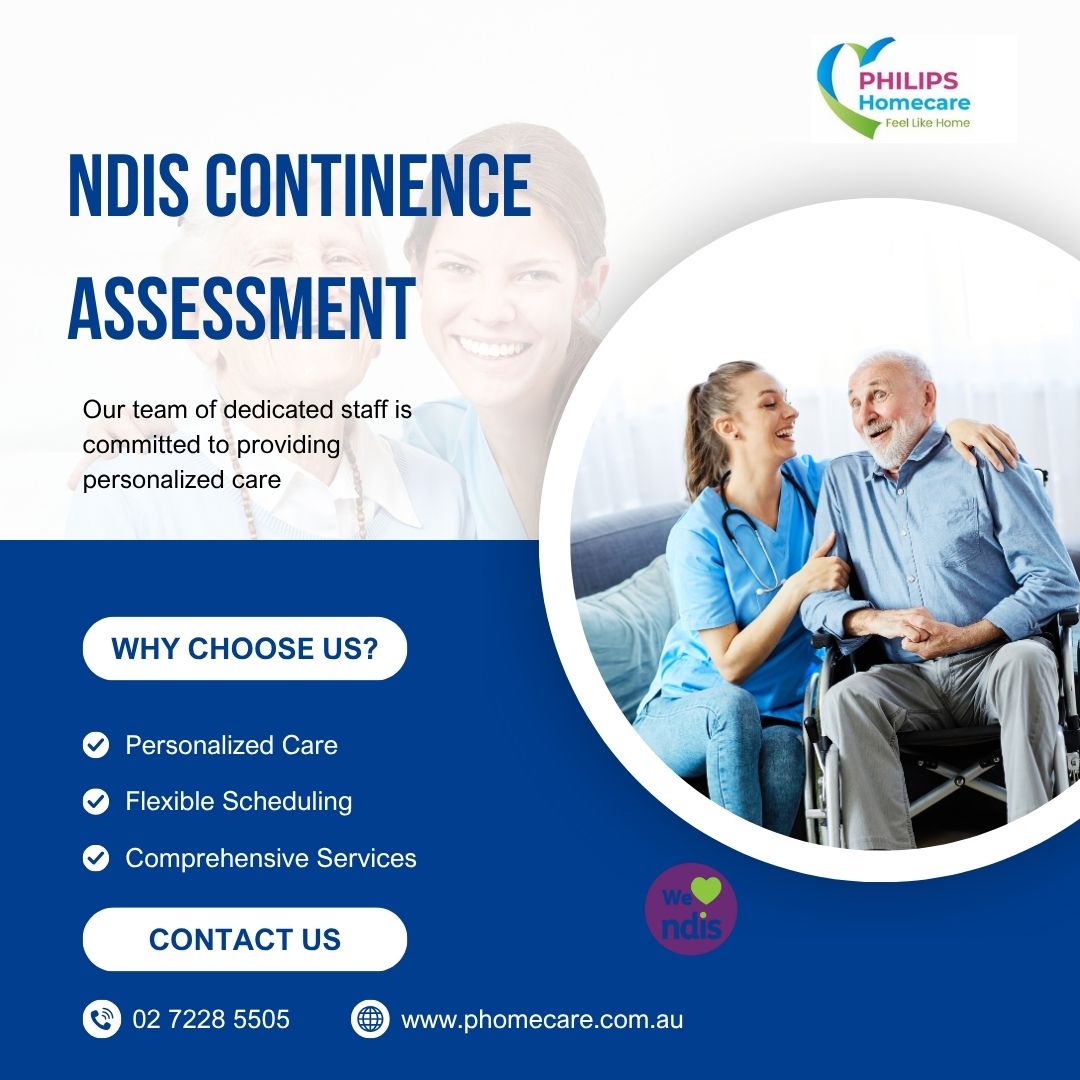When applying for support through the National Disability Insurance Scheme (NDIS), documentation and professional input are critical—especially when it comes to securing funding for continence-related needs. One of the most valuable allies in this process is your General Practitioner (GP). A GP not only understands your medical history but also plays a pivotal role in providing the necessary evidence and guidance required for a successful NDIS continence assessment.
Understanding NDIS and Continence Support
The NDIS recognises continence support as an essential need for individuals living with disabilities. This may include funding for continence products, therapies, assessments, and assistive technology. However, to access these supports, the NDIS requires detailed and clinically-supported information to justify the necessity and relevance of each continence-related request. That’s where the role of a GP becomes essential.
The GP’s Role in the NDIS Continence Assessment Process
Your GP serves as a frontline medical professional with an in-depth understanding of your overall health, making them an ideal candidate to contribute to your ndis continence assessment. Here are several ways your GP can assist:
1. Providing a Comprehensive Medical Summary
One of the core documents in an ndis continence assessment is a medical summary. Your GP can outline your primary diagnosis, any secondary health conditions, and how these impact your continence. They can describe how long you’ve been managing incontinence issues and any complications that have resulted over time. This comprehensive overview helps the NDIS understand the long-term nature of your condition.
2. Referring You for a Specialist Continence Assessment
In many cases, the NDIS will require a report from a continence nurse or specialist. Your GP can provide a referral to ensure that a formal continence assessment is conducted. This specialist assessment becomes a crucial part of your ndis continence assessment documentation and strengthens your case by detailing product needs, functional limitations, and goals for continence management.
3. Documenting Functional Impact
The NDIS places significant emphasis on how a condition impacts daily functioning. Your GP can describe how incontinence affects your social interactions, employment, sleep quality, and mental health. By linking your continence needs to everyday challenges, your GP supports the NDIS in recognising the real-world implications of your disability.
4. Outlining Previous Treatments and Outcomes
Your GP can also provide a treatment history—covering medications, therapies, or continence products tried in the past. This is vital in showing the NDIS that the need for ongoing support is not sudden or unexamined. The better the evidence presented in your ndis continence assessment, the more likely it is that the NDIS will approve necessary supports.
Why GP Involvement Strengthens Your NDIS Application
Having a GP involved in your ndis continence assessment provides credibility and clinical weight. The NDIS prefers reports that come from qualified, treating professionals who are familiar with the participant’s medical background. GPs also act as a liaison between you and other healthcare specialists, ensuring that all medical documentation is aligned and submitted in a timely and accurate manner.
Tips for Working With Your GP
To ensure your GP can help effectively:
-
Book a longer appointment to discuss the ndis continence assessment process in detail.
-
Bring along any existing reports or NDIS forms for reference.
-
Be open and honest about how incontinence affects your daily life.
-
Ask your GP to clearly outline your needs and limitations in any reports they provide.
Final Thoughts
A successful ndis continence assessment relies heavily on clear, evidence-based documentation. Your GP’s involvement is not only helpful—it’s often necessary to ensure that your application reflects the true scope of your continence needs. By partnering with your GP early in the application process, you significantly improve your chances of accessing the right support from the NDIS.


